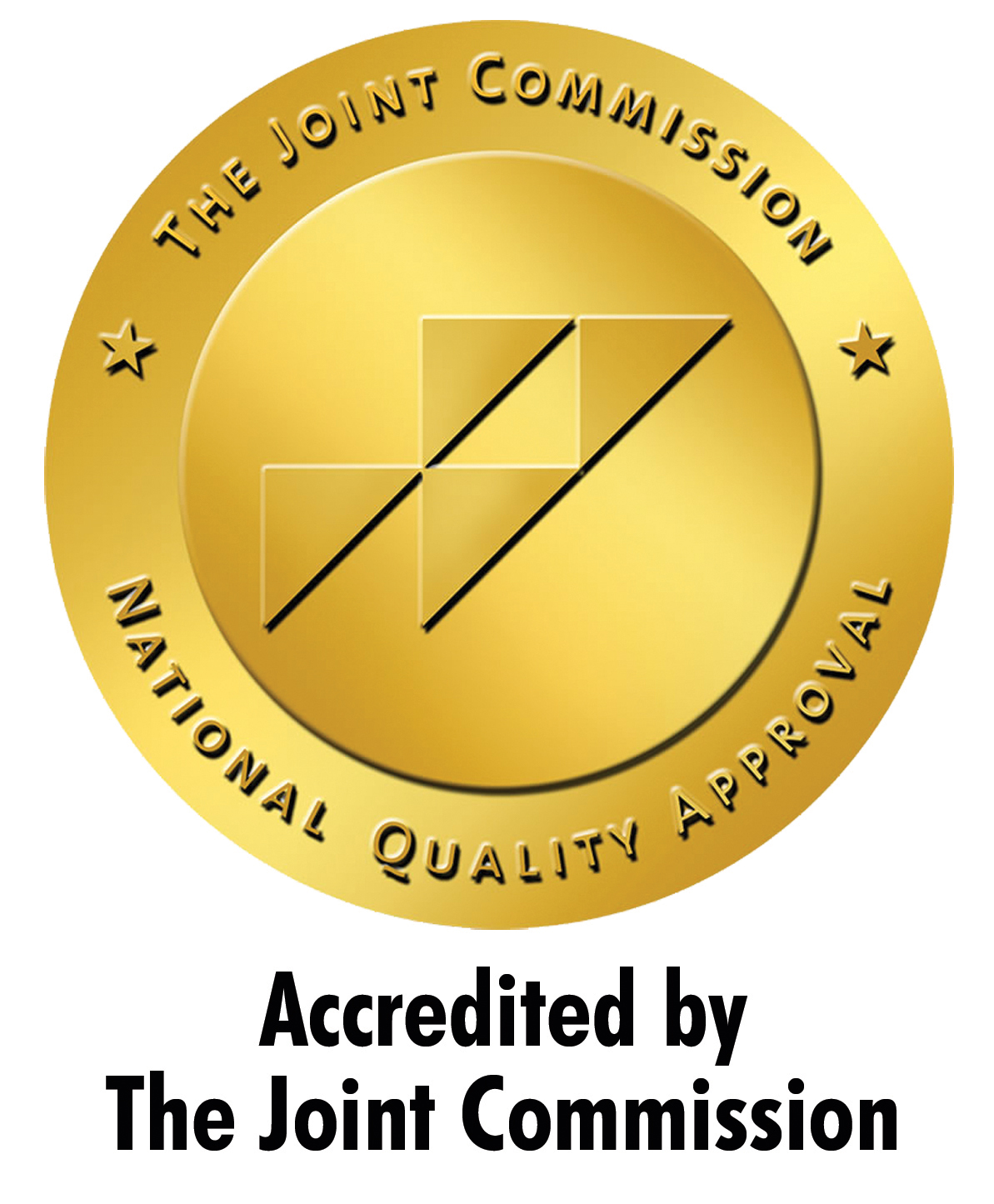Decrease the Risk of Heart Disease by Managing Cholesterol
By Mohammad Jan, MD
April 2, 2013In the United States, heart disease is the most common cause of death. Because most of us eat diets rich in cholesterol and fats, our chances of suffering from heart attacks are much higher. Thankfully, we are not powerless in the quest for good health. Paying attention to heart disease risk factors and managing cholesterol levels can go a long way toward reducing the risk of heart disease.
To determine your risk of heart disease, it’s important to consider the following risk factors as they relate to your health and well-being: 1. high total cholesterol level (a level less than 200 puts you at a lower risk for coronary heart disease), 2. high blood pressure (level should normally be less than 140/80), 3. diabetes, 4. low HDL (the good cholesterol), 5. smoking, 6. diet high in cholesterol and fats, 7. obesity, 8. lack of physical activity, 9. men ages 45 and older, 10. women ages 55 and older, and 11. family history of heart disease.
Since high cholesterol is a common risk factor, it’s important to understand what your cholesterol levels mean. Your total cholesterol level is a measure of your LDL and HDL. LDL is known as the bad cholesterol , and HDL is known as the good cholesterol. Generally, your LDL cholesterol level is considered a better measure of your heart disease risk. High LDL cholesterol levels lead to a higher risk of experiencing a heart attack. In order to keep your heart attack risk low, it is recommended to maintain an LDL level at or below 100.
The best way to reduce your LDL cholesterol is to maintain a healthy diet low in cholesterol, lose weight and/or maintain your ideal weight, and exercise for at least 30 minutes daily, five days a week. If these steps are not successful in lowering your LDL cholesterol, talk to your doctor about the possibility of taking statins, medications that have been proven effective in lowering cholesterol.
Be sure to take the steps noted above to help you maintain normal cholesterol levels, reduce your risk of heart disease, and enjoy a normal and healthy life.
Dr. Mohammad A. Jan is a Board Certified Cardiologist with Trinity Medical Group. His office locations are within Trinity Hospital Twin City at 819 N. First Street in Dennison and at 232 Cross Street at Newcomerstown. To schedule an appointment, call (740) 922-0000.
« Back to Learning Center



